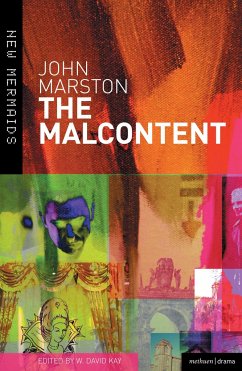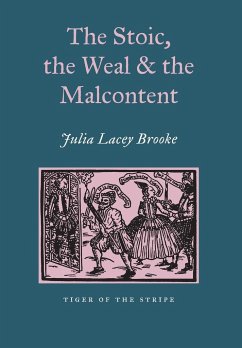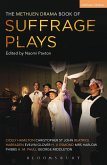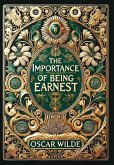"This Malevole is one of the most prodigious affections that ever conversed with nature: a man, or rather a monster, more discontent than Lucifer." The Malcontent is a striking example of the new satiric tone and moral seriousness in English comedy of the early 1600s. The play's vision of a fallen humanity driven by lust and ambition is created partly by its depiction of Machiavellian intrigue in the court of Genoa, and partly by the disaffected Malevole, the malcontent of the title, who is actually the deposed Duke Altofronto in disguise. Marston's tragi-comedy is full of reversals, surprises and moral transformations and offers a thin disguise for the Jacobean court and its vices. This new student edition contains a lengthy new Introduction with background on the author, date and sources, theme, critical interpretation and stage history.
Bitte wählen Sie Ihr Anliegen aus.
Rechnungen
Retourenschein anfordern
Bestellstatus
Storno






